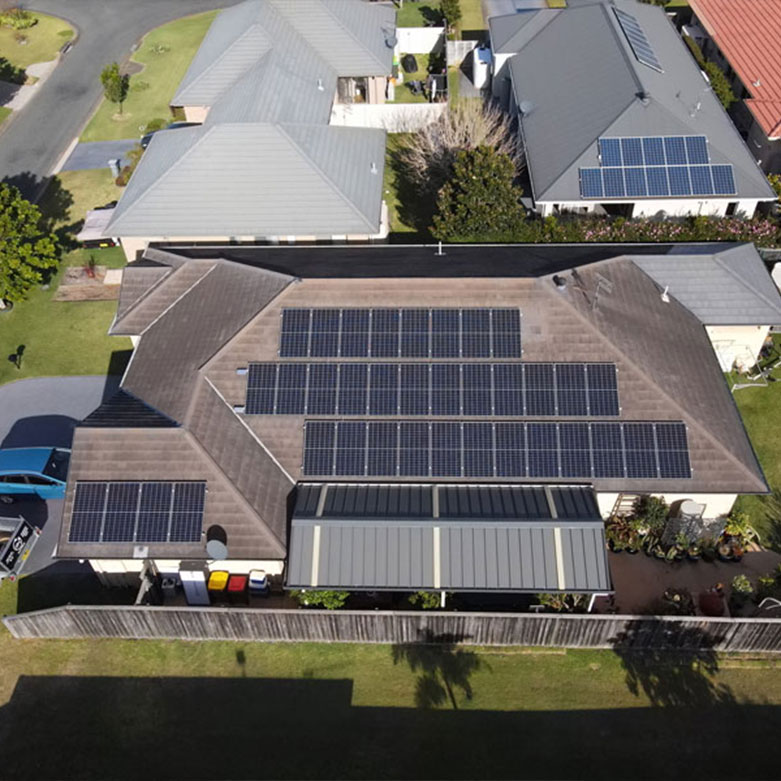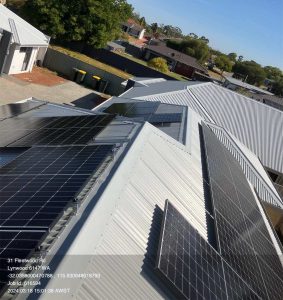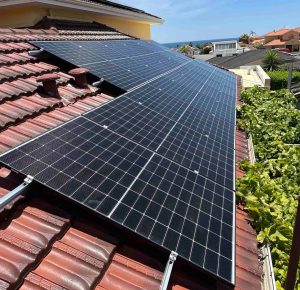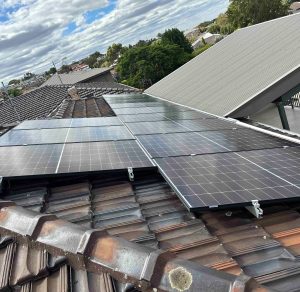The Importance of Solar System Monitoring
In the modern era of renewable energy, maintaining an efficient solar system is not just beneficial; it’s essential. Solar system monitoring serves as the heartbeat of a solar energy setup, providing real-time insights into energy production and consumption. By understanding exactly how much solar energy they produce and self-consume, photovoltaic (PV) system owners can quantify the amount of money saved by not purchasing electricity from the grid. This not only enhances financial savings but also promotes a sustainable lifestyle, aligning with global efforts to combat climate change.
Why Solar System Monitoring Matters
Monitoring your solar setup is a critical step towards energy independence. Without a detailed understanding of how your solar panels perform, pinpointing issues or inefficiencies becomes a guessing game. Solar system monitoring allows for the detection of underperformance or malfunctions, ensuring that the solar panels operate at their peak efficiency. Regular monitoring can reveal patterns and provide data that leads to actionable insights, preventing potential downtimes and maximizing energy output.
How Solar Performance Monitoring Enhances Your System’s Output
A solar panel performance monitoring system is more than just a tool; it’s an investment in the longevity and efficiency of your solar setup. By collecting and analyzing real-time data on various parameters such as energy production, voltage, and current, these systems ensure your solar array is functioning optimally. Furthermore, understanding weather conditions and usage patterns can lead to strategic adjustments, enhancing the overall system output and ensuring you get the most out of your solar investment.
The Advantages of Rooftop Solar System Monitoring
Rooftop solar system monitoring brings a new level of transparency and control to homeowners. By monitoring solar panels, homeowners can optimize their energy consumption, shifting usage to peak daylight hours and reducing reliance on the grid. This not only cuts down on electricity bills but also increases the return on investment for the solar system. Moreover, the data collected can help in making informed decisions about energy use, promoting a more energy-efficient lifestyle.
Optimizing Solar Performance for Australian Climate Conditions
Australia’s diverse climate conditions present unique challenges and opportunities for solar energy production. By understanding the seasonal dynamics of solar panel performance, Australian homeowners can optimize their systems to suit local conditions. Monitoring systems can adjust for factors such as temperature, sunlight intensity, and angle of incidence, ensuring that solar panels operate efficiently throughout the year, maximising energy production and contributing to a greener Australia.
How Solar System Monitoring Boosts Energy Independence
Energy independence is not just a concept; it’s a reality made possible through solar system monitoring. By providing detailed insights into system performance and energy usage, monitoring empowers users to make informed decisions about their energy consumption. This leads to optimized energy usage, reduced environmental impact, and significant financial savings, marking a step forward in the journey towards a sustainable and self-sufficient future.
In conclusion, solar system monitoring is not merely an optional add-on; it’s an integral component of modern solar energy systems. By embracing this technology, PV system owners can ensure their systems are running efficiently, contribute to a sustainable future, and achieve greater energy independence. Investing in solar system monitoring is investing in the future of energy.









